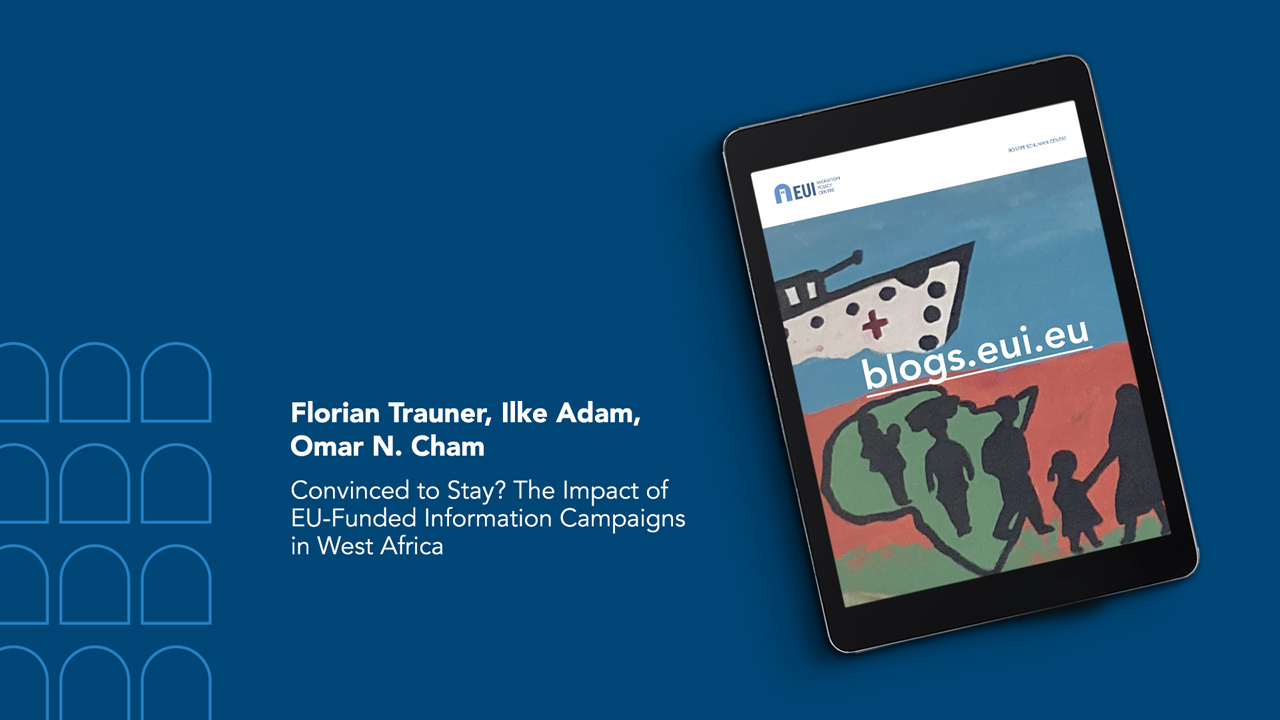The EU is trying to discourage Africans from travelling irregularly to Europe, but can they be persuaded to stay in African countries? This blog post shows how an EU-funded narrative is perceived by West Africa youth in The Gambia. We specify the key components of the messages that are conveyed and also explain why they do not cut through to Gambian youth.
“We suffered a lot because the way Libyans treat us is too hard. Myself, I’ve been in jail for 8 months. I am in prison without no reason”.
This brief excerpt from the video testimony of a man called Moro describes his failed attempt to migrate to Europe. The video aims to make Africans more aware of the dangers of traveling through the Sahara and Libya. There are many similar videos circulating on social media – and it does not stop there: theatres, film projections as well as returned migrants who recount their experiences are part of these information campaigns to discourage emigration. Typically financed by the EU or individual member states, it is often the International Organization for Migration (IOM) that implements on the ground.
As part of the BRIDGES research project we travelled to different regions in The Gambia to find out how young Gambians perceive these information campaigns and how they think and collect information on migration. With just over two million inhabitants, The Gambia is the smallest country in West Africa, but it has the highest percentage of emigrants compared to the overall population. Between 2014 and 2018, around 35,000 young Gambians attempted to cross the Mediterranean to Europe irregularly. The country is considered democratic since the Gambians managed to oust a dictator in 2016. As a result, very few who now arrive in the EU receive asylum status. In Germany, almost 6,000 Gambians are required to leave the country.
This is a part of a blog post by Florian Trauner, Ilke Adam and Omar N. Cham.
